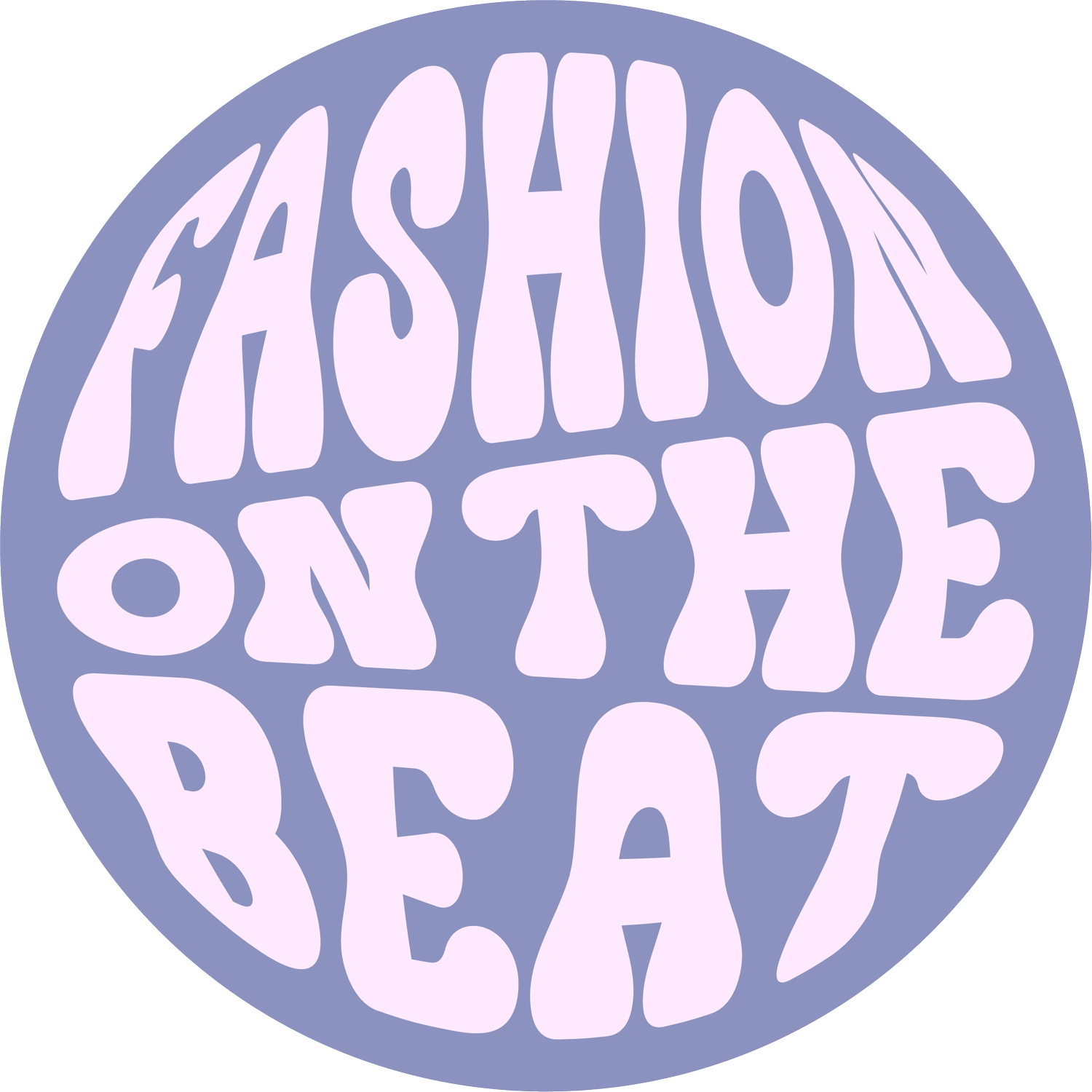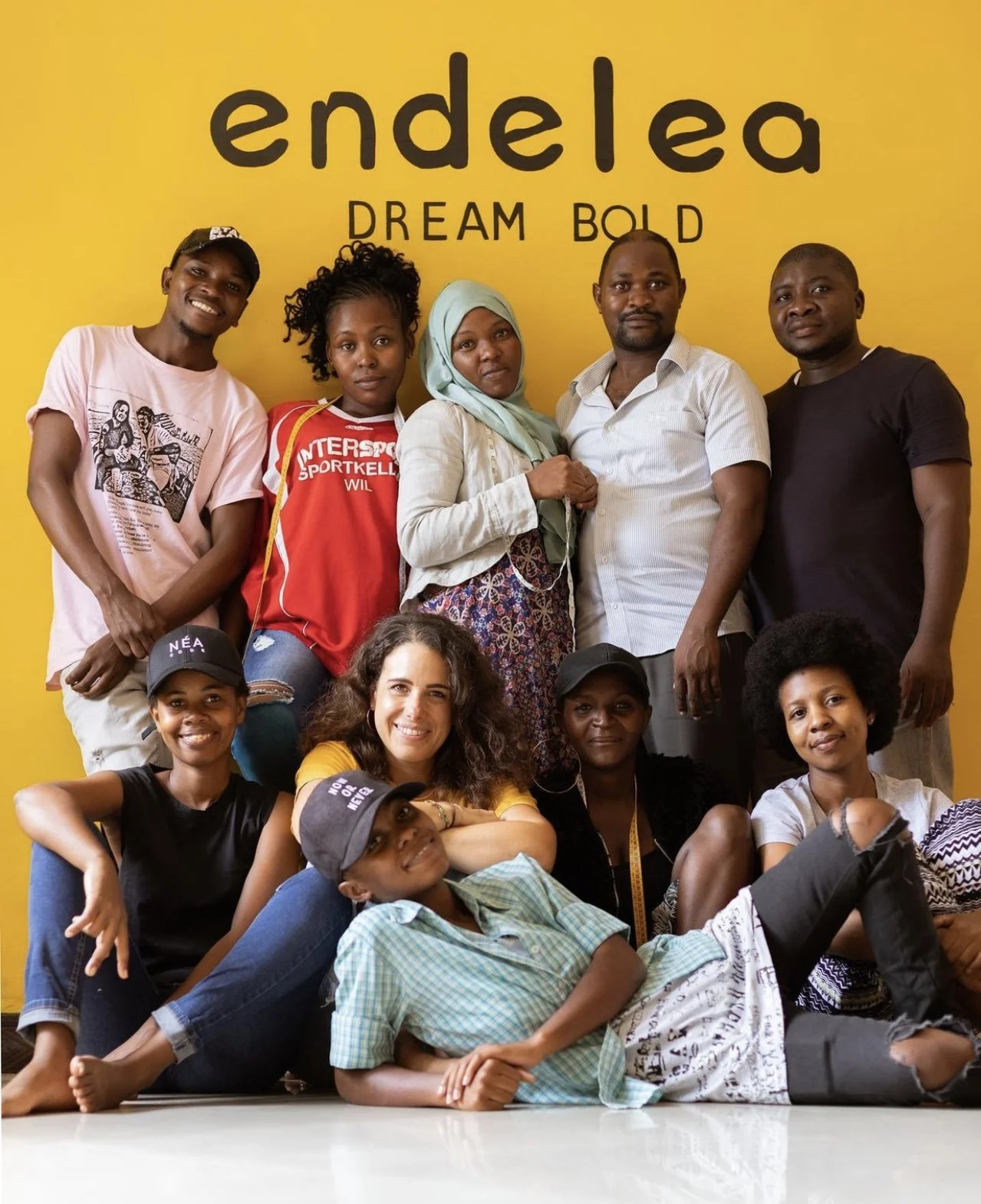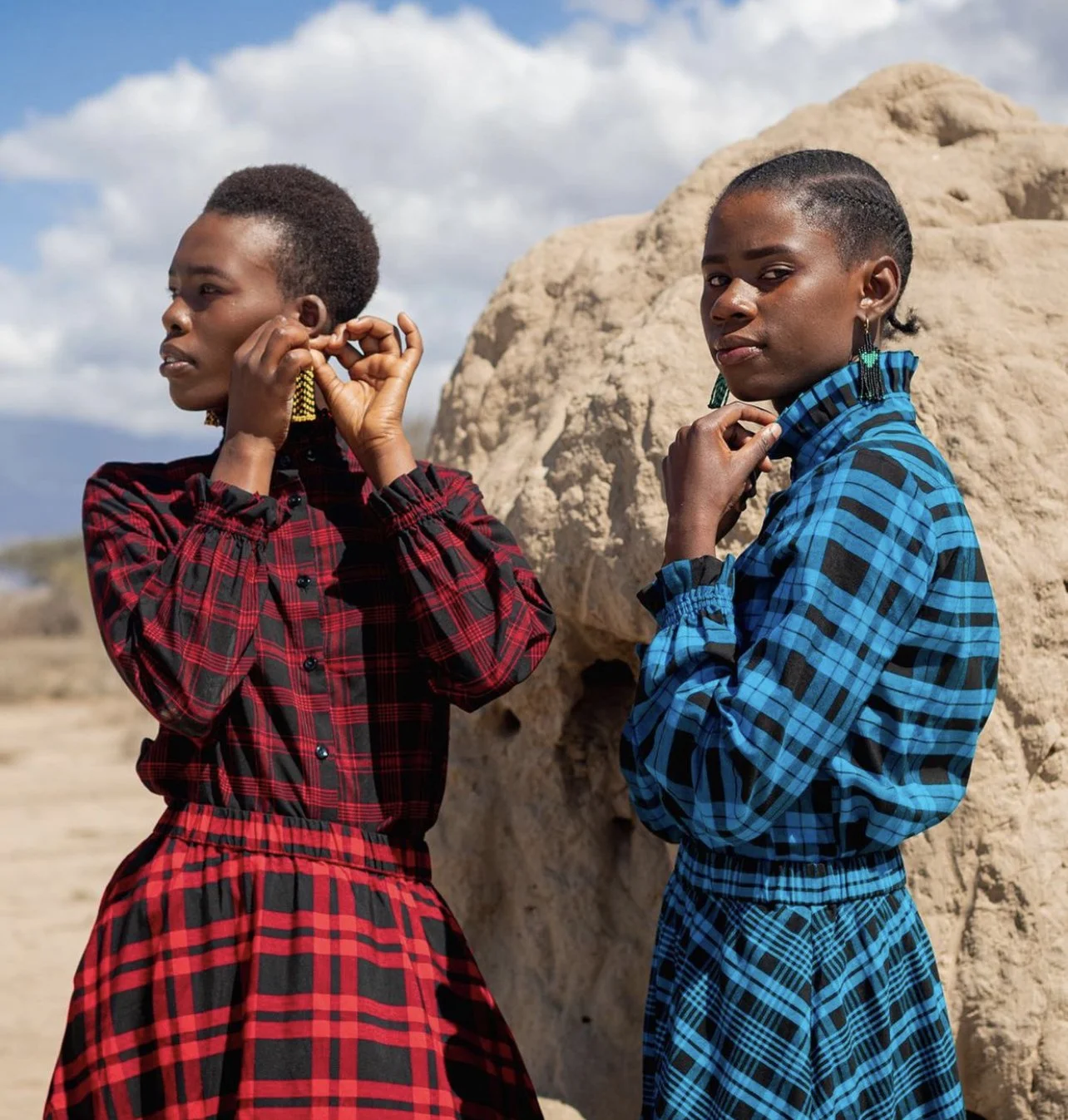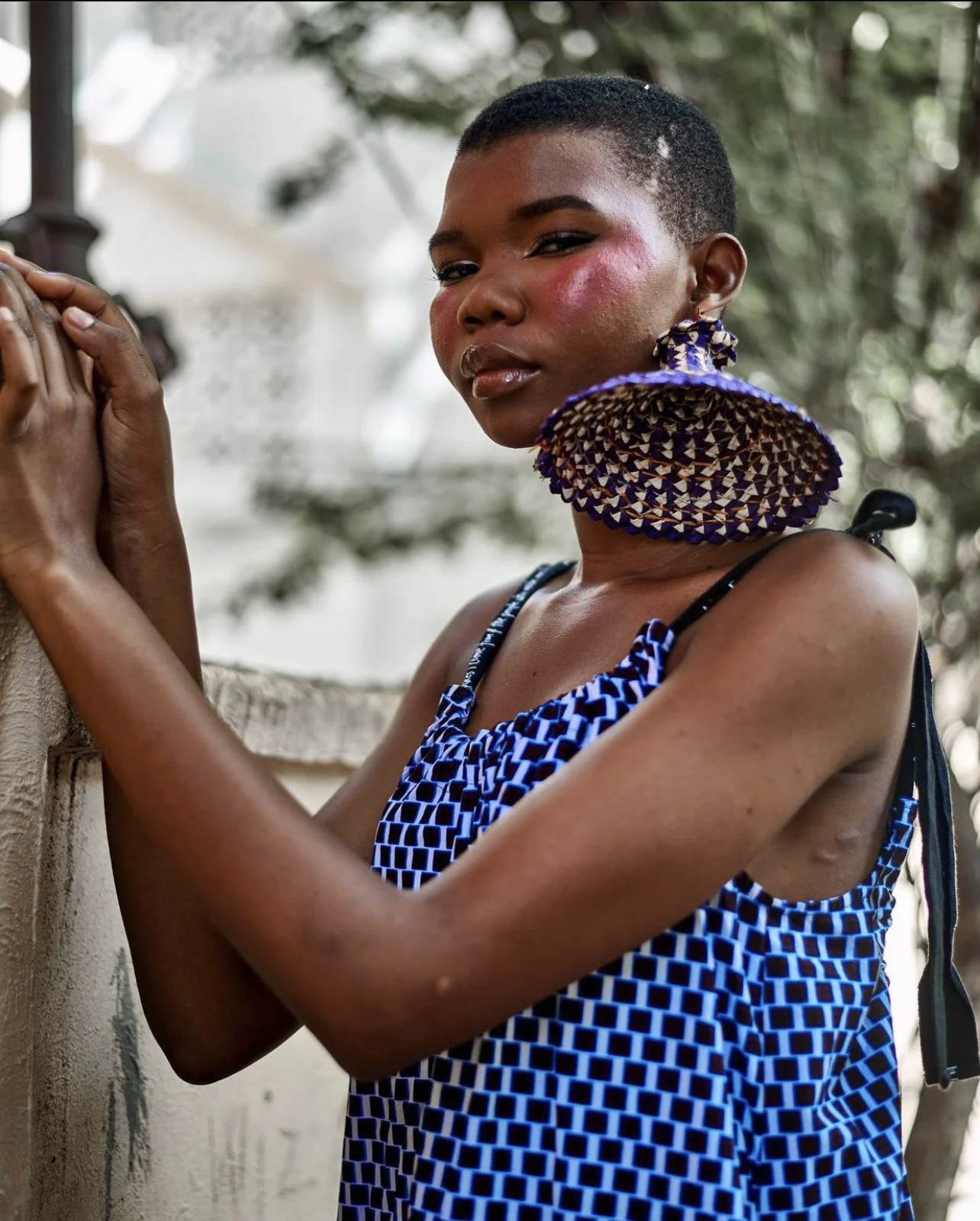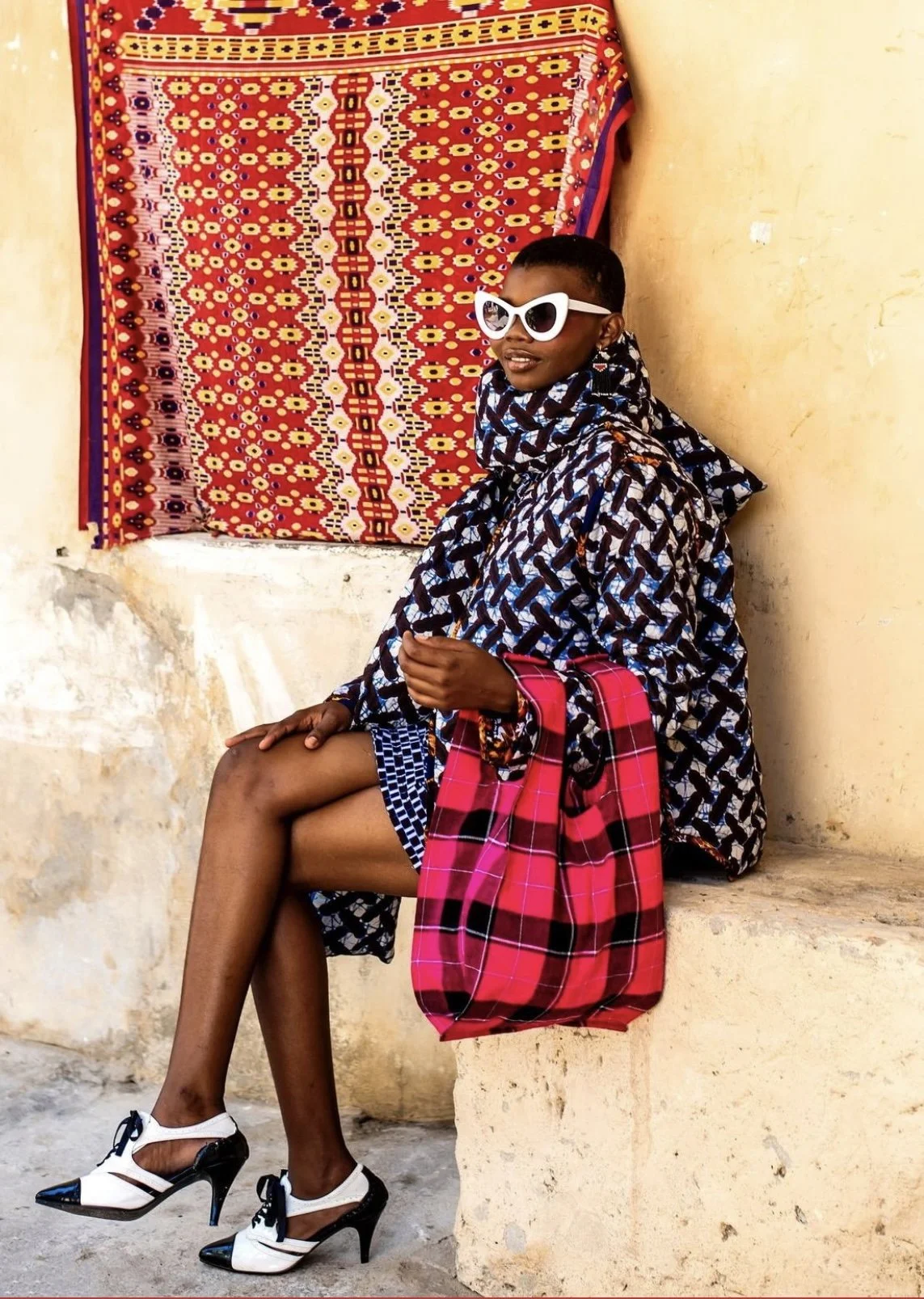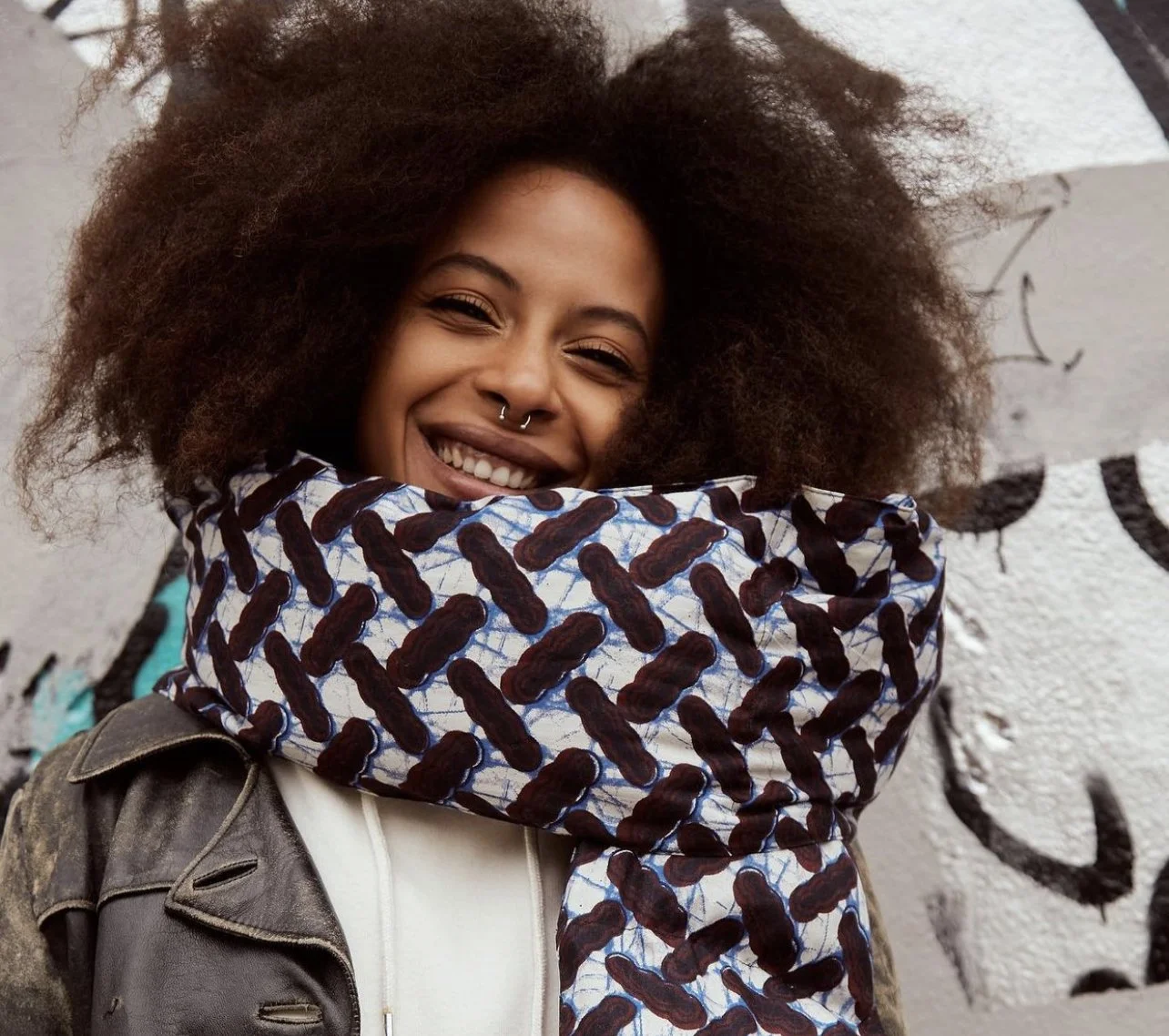In the name of growth, here we are with Endelea
«Endelea» in Swahili means «to go on, to continue without giving up». In Milan, it means ethical fashion. In 2018, Francesca De Gottardo and Serena Izzo launched the brand Endelea with the intention of creating collections of clothes and accessories in wax African fabrics with Made in Italy design.
Their collections have a dual nature: the innovative nature of Milanese design and the one linked to Tanzanian tradition and quality. The team is made up of Italian professionals with a background in the fashion world and with Dar Es Salaam's seamstresses, tailors, and fashion design students.
Before this conversation, I had asked myself several times why they chose Tanzania as their production center. After this long conversation with Francesca, the co-founder, I realized they could not have chosen a finer place where to grow.
When she talks about her accomplishments, she seemed elated, almost moved. Here’s how our conversation went and I’m so glad to share it on The Curly Flower.
How did it all start?
In 2017, I traveled here to conduct research, and when I returned, I quit my job and began saving money with Serena in order to self-finance our goal. Everything moves considerably more quickly here, and when an issue emerges, we are able to solve it in less than two weeks. There are many more obstacles to overcome, but the solutions are even simpler. Tanzania has demonstrated to me that anything is possible.
Francesca, isn’t choosing a place with no chances in the fashion and textile industries a bit of a hazard?
That is precisely why we choose Tanzania. The purpose of Endelea from the beginning was to build a circular economy: design in Italy, manufacture in Africa, bring back and sell in Italy, and then use the earnings to bring in skills, know-how, and resources to bridge educational gaps. The goal was to provide an opportunity to those countries that don't have access to corporations, schools, or fashion events. We would not have been able to contribute as much to Ghana, Kenya, or South Africa, which are already established in the fashion field. We are trying to do it here in Dar Es Salaam, where there are no special degree courses and those who want to make it big must have the capital to train themselves or in other countries. The concept was simple: let’s pick a place with no opportunities and create them. Also, since my first visit, I've been left with a sense of the future, a sense that “everything is possible”, which I haven't found elsewhere in Africa. So, in 2017, I took the plunge, and talking to the institutions on the ground, they confirmed the need for such a project.
And what happened next?
The inaugural collection, for the summer 2018-2019 season, was created by a team of three male tailors. It wasn't an easy start: because accepting orders from a white woman is unusual in their culture, communication was difficult. Providing negative feedback was really challenging. In 2019 as soon as I hired a woman, I saw that there is a substantial difference in multitasking; women here are far more committed. I'll give you an example: if the power went out, the men would leave, but the lone seamstress there would stay and work on the footwork. So, when we started working on the new collection, I opted to start from scratch, which was a huge risk, but, because of the contacts I'd made over the previous two years, I was able to put together a team of eight girls, where mistakes were ultimately learned from. We are now 12.
What was it like to start from the ground up? What was your reaction to it?
To be honest, I would have preferred to start over much sooner; the 2018-2019 collection was quite challenging, and I was constantly thinking, "Who made me do it?". I knew less about the country and the people; it was a huge cultural challenge because very naively I was getting too paranoid before I could firmly give negative feedback. I spent a lot of time working on myself to eliminate forms of biases, that were positive, but still generator of imbalances. Now that I've placed the center of gravity in the middle, the problem and impediments may be discussed together. This work environment arose spontaneously as we shared and discussed everything.
Let's talk a little bit about your core business. What's behind your work, your productions?
Endelea's workspace is a noisy, crowded, and energetic environment. People converse and make comparisons concerning religion and marriages. I was recently included in a conversation regarding marriage. Married women believed that choosing not to have children or a husband was sinful. I took advantage of this source of fracture to introduce the girls to a professional person with whom they could discuss such sensitive issues. A Tanzanian psychologist who grew up in Berlin will teach empowerment classes on human rights and gender equality in January 2022. We attempt to portray a corporate way in entire openness because we strongly believe in inclusion and diversity principles. Endelea’s ecosystem nurtures people by giving them the tools they need to form their own opinions.
Endelea does also those things: we attempt to give a safe work environment, salaries that are 40% more than the national average, health insurance for all of them and their children, meals, and the lab is in a convenient and safe location. As a result, we strive to provide emotional and daily security in addition to work security. All of this transforms one of our skirts into something much more, and our brand's circular economy generates value for all parties involved.
And how does this circle complete itself?
Endelea invests 3% of total gross profits in educational development projects. We partnered with a school in Dar Es Salaam last year, sponsoring scholarships and organizing eight free workshops on fashion design, as well as marketing, graphic design, and copyright, with the help of our Italian team that produced video courses during the lockdown. We signed a 5-year deal with the university this year, we have formal partners, and we have already begun a 30-hour trial project with a professor from Politecnico di Milan. If the first group goes well, we'll do it again with the entire class of 150 students.
We are succeeding in generating significant changes in our modest way, assisting bold dreamers in realizing their aspirations.
Maintaining relationships between the two teams on two different continents can't have been easy. How does the interaction between the two groups work? Is there any dynamism?
It's mostly me that goes between our two sites. The only exception is Rose, our new general manager of Dar Es Salaam and company partner, who recently traveled to Italy from Tanzanian studio in order to train the Italian team. Now, two members of the Italian team are with me in Tanzania, dealing with sustainability and advertising, in order to avoid continuing a virtual relationship and seeing firsthand how it works. I hope that as time goes on, all members will come here to observe how the Endelea reality is on the other side.
The ‘roles’ aren’t very static: Rose began her career as a seamstress and has progressed to become a general manager. Mwana is Endelea’s secretary in Tanzania and she oversees payments. Our Tanzanian management is 100% female and local.
I always attempt to locate or integrate talents, but there are times when there can be or should be relationships between teams. I try to create these possibilities as much as I can, bringing people from Italy and from here to Italy. This is also where Endelea's beauty rests.
In addition to providing opportunities overseas, do you also have plans to expand into Africa? What's in Endelea's future?
In 2022, we'll conduct a little experiment in Kenya with the UN Ethical Fashion Institute; if it goes well, we'll conduct research in neighboring countries to identify other workshops that could be accredited and outsource pieces from the collection. We went from 300 pieces in 2018 to 3,000 this year, implying that we'll need even more in 2025. It would be impossible to rely on only one laboratory for manufacturing; so, we intend to grow and extend by establishing a network. To find new talent, as well as to make the introduction of know-how easier in order to boost production. We intend to expand geographically in the future.
How did Covid affect your activities?
As with other pursuits, it has drastically altered our setup. We used to just produce when I was there, when the pattern maker and I would come in for training to work with the seamstresses. The summer collection for 2020 was fortunately safe, nevertheless the problem came with the winter one: with everything blocked, the Italian team had to make a huge gesture of trust towards the Tanzanian team. We mailed all of the patterns and documents, then had all of the meetings online, explaining how to do so with the help of an Italian cultural mediator who supported us with these extremely bureaucratic and time-consuming procedures. Everything was done by the Tanzanian girls on their own. As a result, when I came back to Dar Es Salaam, I decided to register the company in partnership with Rose, who is now the director and to whom I handed shares. Now that the production is more self-contained, I'm just responsible for the start of production, material delivery, shooting, and marketing. Rose, on the other hand, came to Italy to learn more about pattern making and report back to the Tanzanian seamstresses.
Covid taught us to trust each other more, to want to keep working, and to have a strong commitment to them. That was the catalyst that brought us together.
By the end of 2021, what do you estimate Endelea's milestones will be?
Without a doubt, registering the firm and ultimately establishing our own space, our own headquarters, where we feel at ease. Then there's the collaboration with the university, which has led to new educational and employment prospects. But without a doubt, and I say this with great pride, having brought Rose to display at Fashion Week with her own collection. «One day on this stage there could be a designer that we assisted with this idea», I told Serena at the 2017 edition of the Fashion Week when Endelea was still only a fantasy. My greatest satisfaction came four years later when I saw Rose on the catwalk.
Endelea is presented in Francesca's stories as a springboard for these skills, not as a destination. It aspires to have as positive an influence as possible through training. Endelea, before being a skirt or a dress, is dreams, people, and a wonderful tale, and this excitement and perseverance shine through Francesca’s words.
